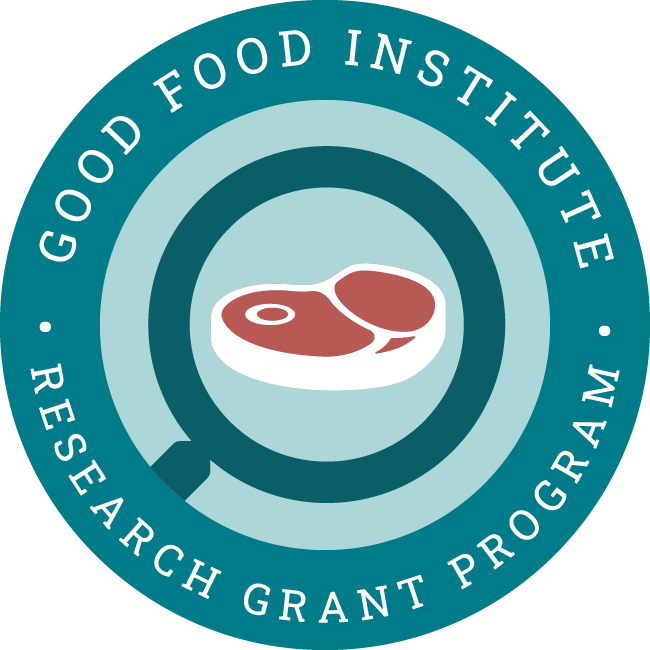Reducing cell culture media cost
2022-2024
Dr. Burridge is exploring a process to optimize chemically-defined media protocols around the generation, long-term culture, and scalable differentiation of non-genetically modified porcine and bovine induced pluripotent stem cells (iPSCs).
PRODUCTION PLATFORM: Cultivated
TECHNOLOGY SECTOR: Cell culture media
Project aims
This project will work to develop low-cost induced pluripotent stem cell (iPSC) culture and differentiation media. The outcomes will help optimize protocols for bovine and porcine iPSC proliferation and differentiation. This work will also develop skeletal muscle maturation protocols to improve the organoleptic properties of these cells and adapt the differentiation protocol to larger bioreactors. As a result, it will improve the quality and reduce the costs of iPSC culture and differentiation media.
Principal researcher

Dr. Paul Burridge
Assistant professor, Northwestern University, USA
Dr. Burridge has experience developing differentiation protocols for biomedical research. His expertise is in using induced pluripotent stem cells (iPSCs) in pharmacogenomics (precision medicine), cardio-oncology, cardiovascular disease modeling, cultivated meat, regenerative medicine, and cancer.

Commercialization of Dr. Burridge’s stem cell culture media
Dr. Burridge and an industry startup, Defined Bioscience, are actively working to commercialize a fully-defined, optimized culture medium for human stem cells. Given this, we are confident in Dr. Burridge and his Northwestern University lab’s ability to do the same for utilizing animal stem cells for cultivated meat.
Related research
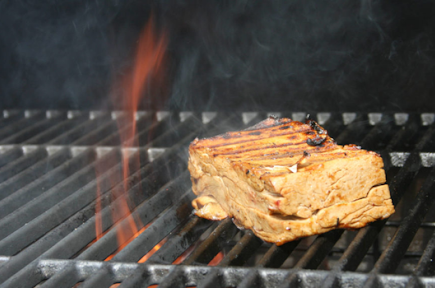
Optimizing media for chicken cells
Learn about Dr. David Block’s work to perfect growth media for cultivated chicken at University of California, Davis.
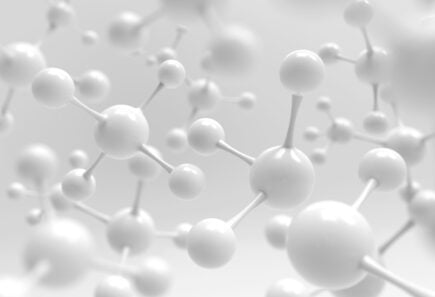
Formulating media with macromolecular crowding
Learn about Dr. Connon and Dr. Gouveia’s work at Newcastle University, UK to formulate growth media for cultivated meat with macromolecular crowding.
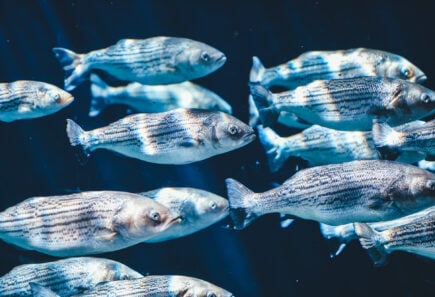
Low-cost differentiation medium for seafood culture
Learn about Dr. Rees’s research to develop low-cost differentiation media for cultivated seafood at Defined Bioscience.
Explore research opportunities
-
Cultivated
High-performance oxygen carriers for cultivated meat
Mammalian cell culture performance can be limited by oxygen and carbon dioxide levels or by shear stress associated with sparging and mixing. The use of protein-based oxygen carriers could help…
-
Cultivated
-
Fermentation
-
Plant-Based
Optimizing fat profiles for nutritional and sensory properties
Because alternative meat’s fat content and fatty acid profile can be more easily controlled than conventional meat’s, there is an opportunity to alter fat content for nutritional benefits. Additional research…
-
Cultivated
Mapping animal cell metabolism to optimize media formulation
The cost and environmental impact of cultivated meat are driven by the cell culture media formulation and its conversion efficiency into meat. Metabolic modeling and engineering techniques can aid media…
Check out related resources

Analyzing cell culture medium costs
This white paper explains different routes to lowering the cost of cell culture medium and making cultivated meat economically viable.

Translating biomedical advances to cultivated meat (Biochemical Engineering Journal)
This peer-reviewed article discusses how advances from the biomedical cell culture industry can contribute to the development of cultivated meat.
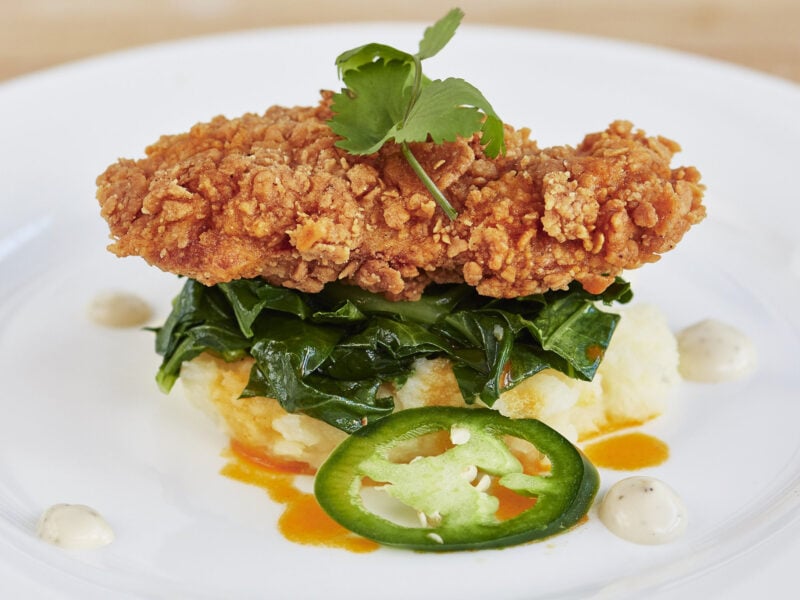
The science of cultivated meat
Learn about the science of cultivated meat and the challenges that must be addressed for commercial production.
